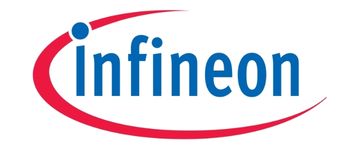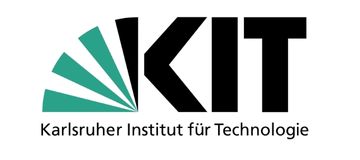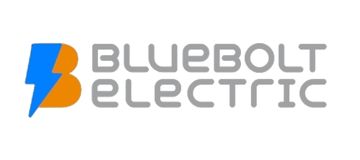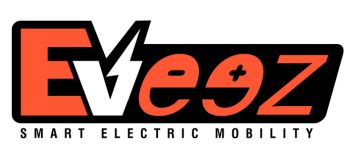Our Alumni’s works in
























In this course, we'll take a look at Battery Management Systems and look at what a battery management system is, what it does and we'll also explore the individual components that typically make up a battery management system. This program is designed in such a way that on every upcoming week one module is uploaded.
























Programs Accredited by Govt. Bodies
The global battery management system market size is estimated to grow from USD 5.2 billion in 2019 to USD 12.6 billion by 2024, at a CAGR of 19.5%. The growth of this market is expected to be driven by the growing trend of electric vehicles, increasing the requirement of battery monitoring in renewable energy systems, and the need for effective electric grid management. The report covers the market segmented into battery type, type, topology, application, and geography.
Based on topology, the modular topology segment of the battery management system market is expected to grow at the highest rate during the forecast period. Most of the manufacturers prefer modular topology as it offers significant computational power and is also safe as it does not require extensive wire harnesses. Modular topology is also suitable for a range of applications such as in energy storage systems, industrial UPS, medical mobility vehicles, parts of electric vehicles, and drones. Moreover, the increasing demand for modular topology from these applications is expected to drive the market at the highest rate from 2019 to 2024.
The ongoing transformation of battery technology has prompted many newcomers to learn about designing battery management systems. This course provides a beginner’s guide to the battery management system (BMS) architecture, discusses the major functional blocks and explains the importance of each block to the battery management system. In this course, we’ll take a look at Battery Management Systems and look at what a battery management system is, what it does and we’ll also explore the individual components that typically make up a battery management system.
DIYguru presents the certification program on the BMS - Battery Management System. This program provides you with the most flexible learning environment possible. This program is offered as a self-paced program often referred to as an asynchronous online program which is time-independent, meaning that it can be accessed 24X7 within the tenure of 90 days. This program can be accessed from multiple devices which makes it easy to learn on the go. Lectures that are pre-recorded or slide presentation with voice-over commentary, interactive discussion boxes that foster student to student interaction, Email communication with the instructor are part of this process.
[gravityform id="1" title="false" description="false" ajax="true"]
The program is designed for students or professionals who are:
The program to give its best will need the following requirements:
DIYguru will feel proud to awards the certificate of competency in 'Battery Management System' to only those aspirants who have 100% completed their online module.
DIYguru proficiency Certificate is highly valuable by industry giants namely Robert Bosch; Maruti Suzuki; Hyundai Motors, are the name of few, which is why DIYguru earned certificates are secured with a unique certificate ID. To check the validation of the certificate, check out the footer section of the home page.
Certificate provided to you is an online certificate, which means there is no need to download, after completion of the course, aspirants are requested to check their profile to view their earned certificate. In case the certificate is not issued feel free to write us a certificate@diyguru.org, our team will help you out.

No 06-01 Jalan Padan Ria 4, Pusat Perdagangan Padan, 81100 Johar Bahru

DIYguru, Vroom Services Limited, Level 6, Plot 10, Road 12, Block F, Niketan, Gulshan, Dhaka 1212.

DIYguru, Abhiyantriki Karmashala Pvt. Ltd. ward No. 06, Dadhikot, Suryabinayak, Bhaktapur, Nepal
Learners from 170+ countries have grown in their career through our programs
Spend less time worrying about job availability, and more time growing your knowledge. Join DIYguru Program today.
If you’re a current student, please get in touch through the DIYguru dashboard to ask about more details of this Program.
Please note, eligibility for DIYguru course is reserved to students who have done related projects and have relevant profiles matching with the pre-requisite of this course.
Our 7-day money-back guarantee starts from the moment of signup and runs through the free week. Cancellations between days 7 and 30 will get a prorated refund.
Fees for the program is charged only when the admission is approved.

DIYguru is India’s largest Hardware Enabled upskilling platform for learners benefiting more than 85,000+ DIY enthusiasts across 400+ institutions through online courses and DIY KITS, imparting hands-on training to acquire industry relevant skills.
374, MG Road, South Delhi,
New Delhi (IN)- 110030

Copyright © 2014-22 | DIYguru Education & Research Pvt. Ltd. All rights reserved.